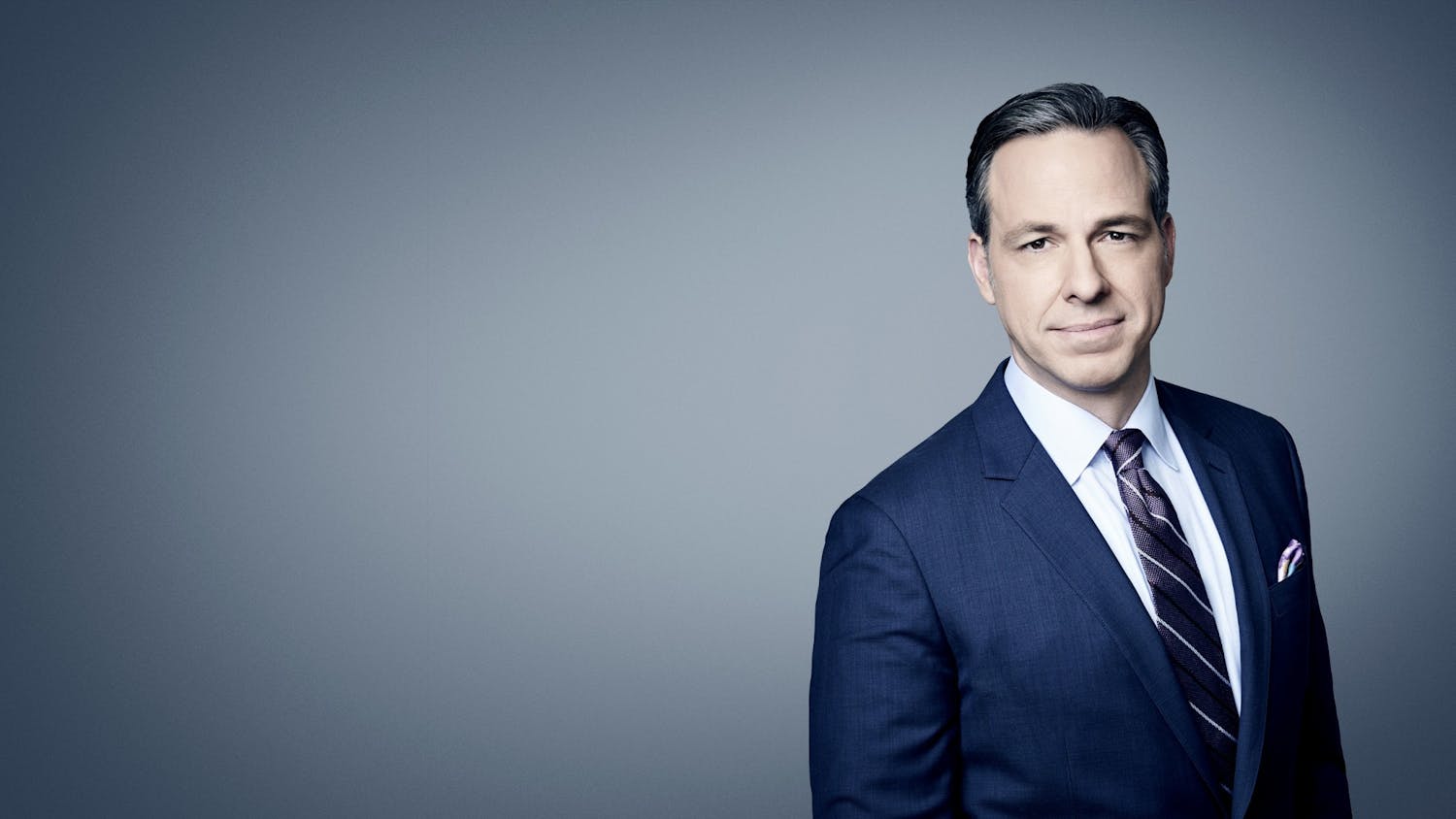For those who live with family members that exist on radically different parts of the political spectrum, remaining civil is not a matter of courtesy — it’s a matter of necessity. My mom ingests a steady diet of Fox News and the Wall Street Journal; I start my days with a New York Times morning briefing. In the past, any political confrontation between us would often end in slammed doors or silent treatment. Because of the lockdown, however, my mom and I have been forced to confront our political differences. I’ve been reminded that it’s much easier to remain combative when you don’t need to live with the person on the other side of the aisle.
I won’t sugarcoat it: these past few months have been some of the most emotionally draining of my life. It’s been difficult for my mom and I to find common ground without compromising on our own core values. And yet, our conversations have also been eye-opening experiences — for the first time in a long time, I’ve felt like my mom and I truly understand each other.
When talking about politics, be it at a dinner table or a public forum, it is critical that we don’t focus solely on convincing our peers to agree with our political viewpoints. Such a method rarely works. Instead, we should approach the discussion with a sense of curiosity — devoting our energy towards attempting to understand each other’s concerns — even if our beliefs radically differ. As much as we would like to believe that the other side is simply irrational, we must deal with the uncomfortable reality that our views are not shared universally. For me, this meant coming to terms with the truth that Donald Trump’s political stance is not an anomaly. His presidency highlights the fact that societal progress has never been linear; he is the logical product of all the conversations about race, immigration, and healthcare that we’ve neglected to have.
Even if my mom and I never manage to find common ground, at least I’ve been able to complicate her narrative the way she’s been able to complicate mine. My mom is not the stereotypical Republican: she’s not Christian, nor white, nor male. I know her to be capable of extraordinary empathy. She’s determined to wear a face mask at all times during this pandemic. Despite our differences in beliefs, we share the same Chinese bloodline and thus a mutual identity as political outsiders in America. There’s something significant, if not extraordinarily difficult, to acknowledge about our diametrically opposed world outlooks.
At a visceral level, we know the facts: people are increasingly distrustful of those with opposing political views, and not surprisingly, less than half of all Americans see any political diversity within their families and friends. Trust in institutions, the media and fellow Americans has been declining over the past 40 years. Americans are losing faith in the government’s ability to deliver meaningful change for those relegated to the margins of society. And as a result of people distancing themselves from a stagnant political process, we continue to have a government that is weakly representative of the American people and disproportionately representative of the wealthy, privileged few who have a vested interest in making public policy work for them.
It is critical to realize that universal political participation doesn't necessitate universal agreement. It is not our political differences that immobilize us; it is our unwillingness to understand why those differences exist. By adopting attitudes of political superiority, we fail to acknowledge that different platforms benefit different groups with different priorities. Bridging the partisan gap does not necessarily have to involve compromising on our most cherished values. Instead, it must involve having more conversations and trying to answer the “why” questions behind our personal decisions.
America’s fractured political landscape needs healing — now more than ever. Hence, we are left with a million-dollar question: what can we do to undertake this healing? In John Lewis’ New York Times essay written shortly before his passing, he writes that “ordinary people with extraordinary vision can redeem the soul of America by getting in what [he] call[s] good trouble, necessary trouble.” We can vote, we can donate, sign petitions, volunteer for campaigns, stand in solidarity with one another and make our voices heard through protest. Along with that, a large part of “good trouble” involves partaking in difficult conversations about our nation’s history and values, especially if we disagree strongly over how those values should be realized. For me, that conversation starts at home. We must realize that, if we choose to avoid the difficult conversations, nobody else is going to have them for us.



